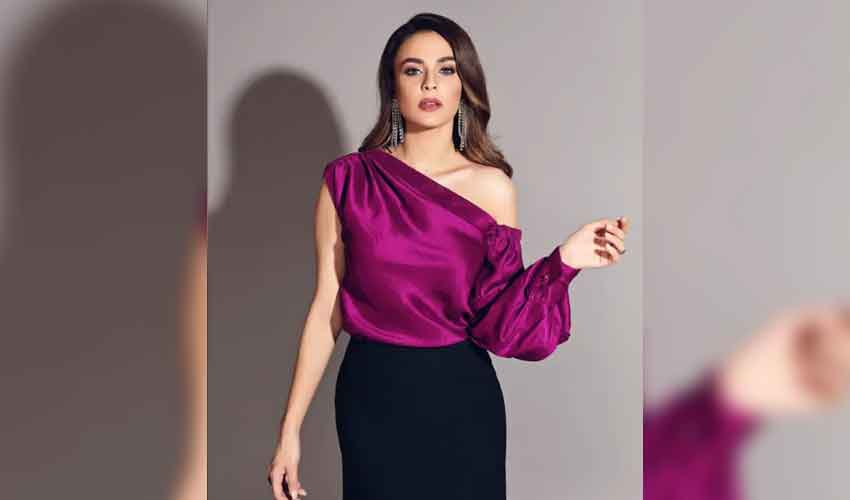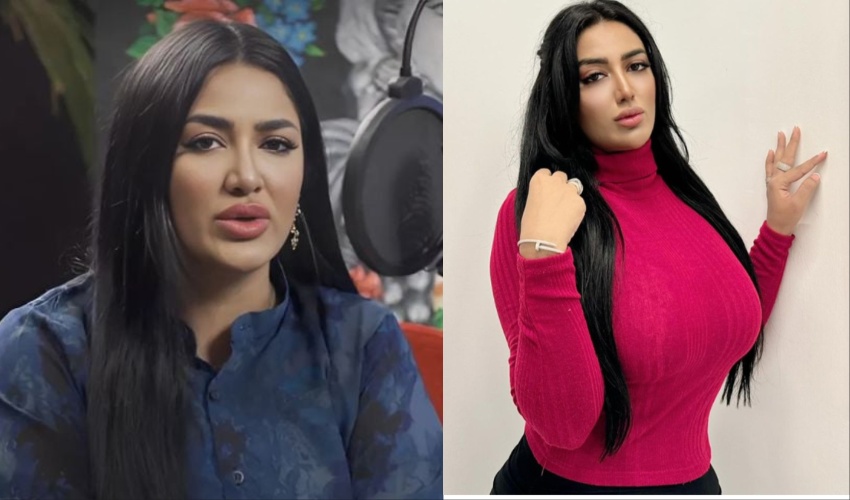Renowned Pakistani actress and model Mahenur Haider, celebrated for her role as 'Apana' in the acclaimed drama serial 'Khaie,' recently delved into a deeply personal aspect of her life during a candid discussion on actor and host Ahmed Ali Butt’s podcast.
Mahenur disclosed the reasons behind her decision to discontinue wearing a burqa, a choice that had previously been a significant part of her public persona.
Mahenur Haider comes from a family with a devout religious background, where regular prayers are a cornerstone of daily life. However, contrary to some expectations, there was no familial tradition of wearing a burqa or covering their heads with dupattas or shawls. This contrast became a focal point of Mahenur’s reflections on her own journey with religious attire.
In the podcast, Mahenur shared that her decision to start wearing a burqa in 2009, during her ninth-grade year, was a personal choice.
She recounted her initial motivation, hoping her father would view it as a positive step towards embracing religious observance.
View this post on Instagram
However, to her surprise, her father’s reaction was one of amusement rather than approval. He questioned the authenticity of her sudden adoption. He asked her, “What hypocrisy is this?” prompting her to reconsider her motivations.
Reflecting on her father’s response years later, she now acknowledges his perspective. He had encouraged her to prioritize internal spiritual growth over outward displays, a sentiment that resonated deeply with her evolving understanding of faith and identity.
The actress further revealed the challenges she faced after adopting the burqa. Her decision was met with mixed reactions from friends and family. Her friends mocked her choice, and even her mother, though not overtly critical, expressed discomfort with the disparity it created within their family's appearance when out together.
Her mother remarked, "Mahenurr, you look strange with us. When we go out, you don't seem like part of our family."
These reactions eventually led Mahenur Haider to reevaluate her approach to religious attire. Today, she chooses to wear a burqa selectively, finding liberation in the ability to decide when and how she adheres to these traditions.
She has opted to forego the practice of covering her head with a dupatta when not wearing a burqa, a decision influenced by a desire to avoid public scrutiny and to maintain consistency in her personal appearance.



























